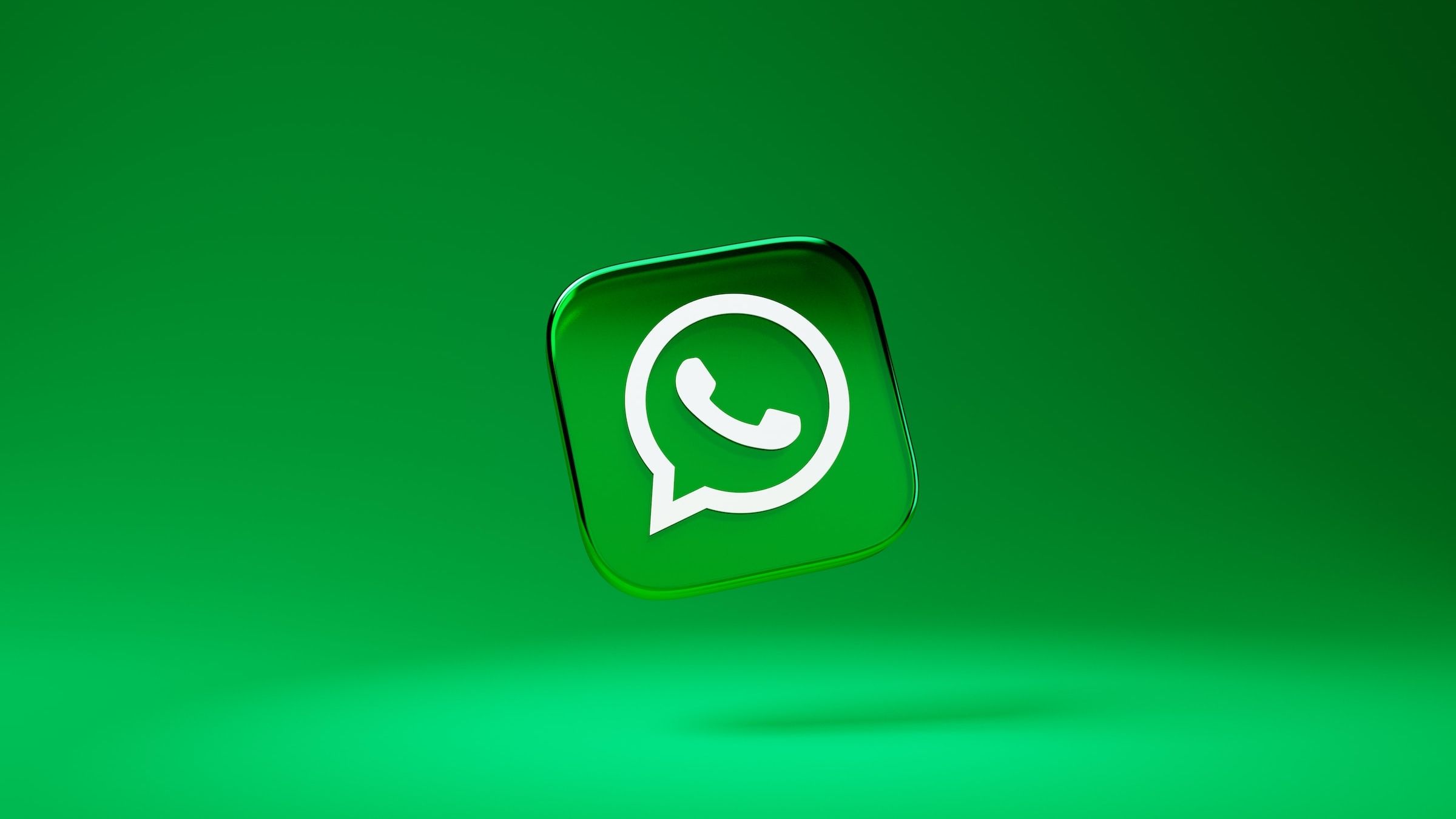Key Takeaways
- WhatsApp now allows users to customize the types of marketing messages they receive to combat spam.
- Businesses can send different types of messages, such as marketing offers, utility messages, and responses.
- Users can now specify which of these messages they want to receive, reducing unwanted promotional content.
WhatsApp is one of the most popular messaging apps on the planet. It’s so popular that even businesses have come onboard, with a dedicated WhatsApp Business app that has more than 200 million monthly users.
Unfortunately, that many businesses means that there is a significant amount of spam being sent out each day. Previously, WhatsApp only allowed users to block an account, but now more granular controls will let you customize the sorts of messages you’d like to receive. That means you can get discount codes, but you can also tell WhatsApp to chill with the ads.

Related
Our top 11 WhatsApp tips and tricks you need to know
Improve your WhatsApp experience with these handy tips
WhatsApp will soon begin testing different features that let users define the sort of content they receive. Users can say whether they’re interested or not interested in a message, or they can opt to block all messages from that sender.
It all takes advantage of the internal code of WhatsApp’s API. Through this, businesses can send marketing offers advertising new products, utility messages like an update to an account balance, authentication messages for passwords, and responses to service inquiries, according to TechCrunch.
Customers can now choose to only receive certain types of messages, like password authentication requests, and none of the others — perfect if you feel overwhelmed by the amount of spam.
This is also a boon for anyone who uses WhatsApp with an email address. Most users have a phone number attached to their account, but those who used an email account lacked the option to unsubscribe from the never-ending rain of promotional messages. With these new features, WhatsApp users can reduce the amount of messages they receive.
Trying to appease everyone
This isn’t the first time WhatsApp has taken steps to cut back on spam. Earlier this year, adjustments to messaging rates for businesses acted as guardrails to safeguard users from spam, but there was was no defined limit on how many messages could be sent per day.
WhatsApp first tried to define itself as a place for people to have personal conversations, and it made a nicely-built bridge between iPhone and Android users. Now that the gap between the two platforms is closing, WhatsApp is branching out and expanding its identity to include other features that cater to businesses and the creator economy.
Many of these features are optional, however — and that means the company is trying to find a way to offer these perks without alienating existing users with new, potentially unwanted features.





